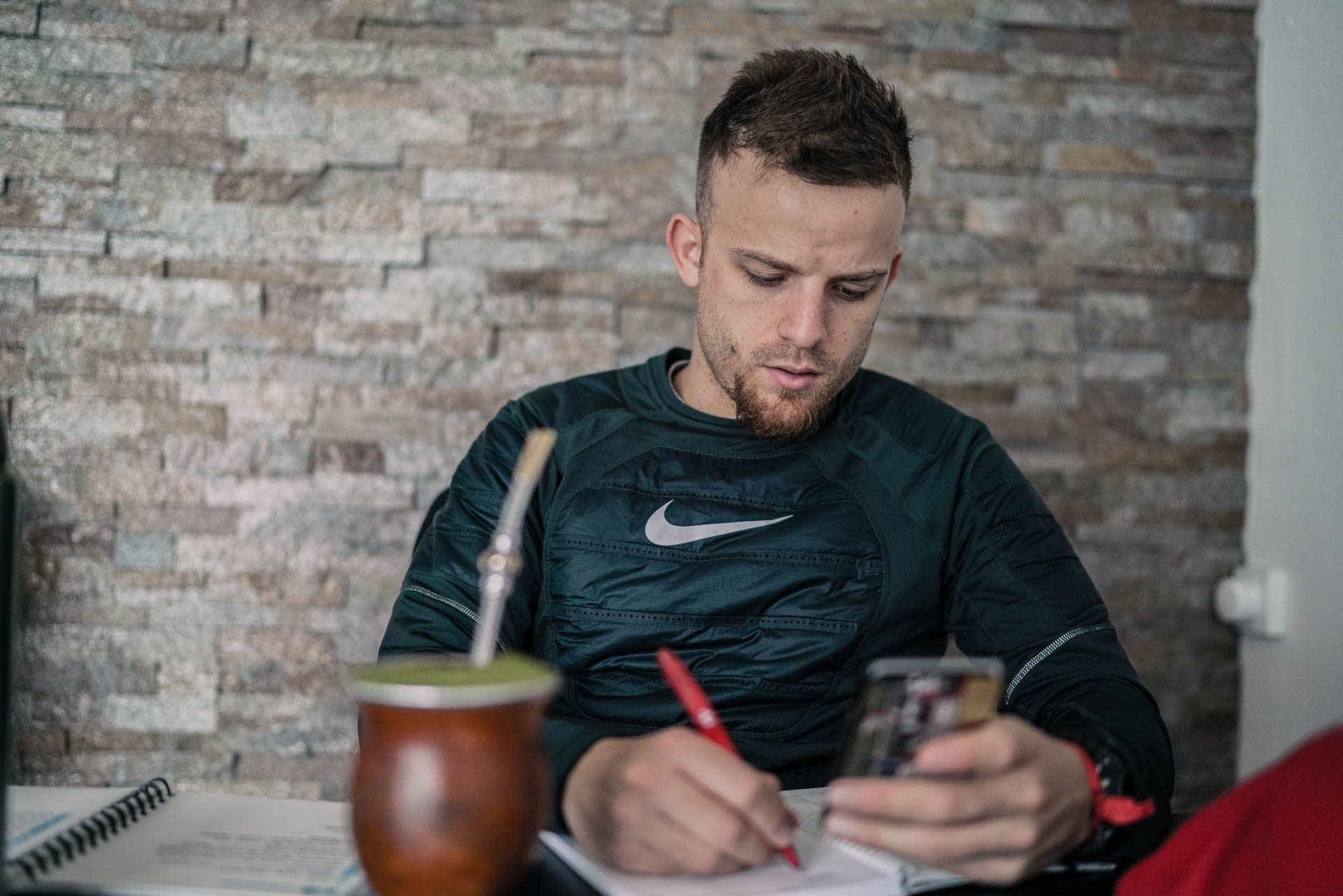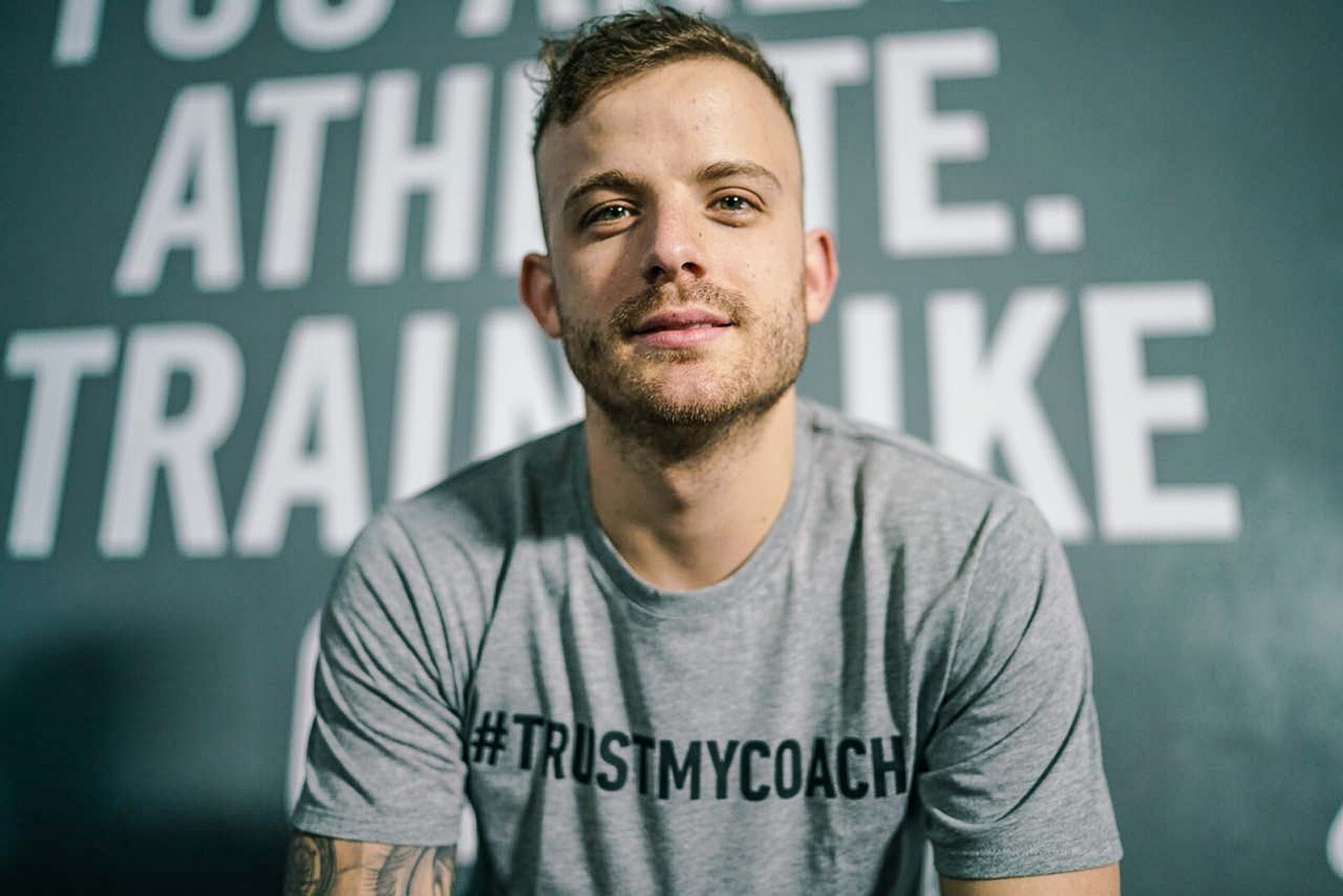I have seen many players get injured in the first few days of pre-season.
Be smart in your off season... over prepare; but don't overwork.
After many months of hard work, pushing the limits and disciplined focus, EVERY ATHLETE needs the off season to rest, recover and prepare.
The goal in off season is to not begin training for personal bests or to kill yourself in the gym. The goal is to recover and then prepare the body to return to the pitch feeling fresh and ready to go.
My name is Lucas Kruel and I am a personal trainer of 30+ professional athletes worldwide. Over the years I have seen athletes over-train in the off season... which doesn't allow the body to recover and increases the risk of injury/exhaustion; and I have also seen athletes do absolutely nothing in the off season which can result in poor condition and a higher risk of injury.
I can't tell you the amount of times that I've seen an athlete injure a muscle once the pre-season sprint sessions begin.
So the off season needs to be a time that an athlete works on mental and physical recovery initially; then onto improving strength, resistance and stability; and finally maintaining a good fitness level while not overdoing it.
And that is what I will be helping you with today!

Read more: 6 Week Soccer Season Preparation Program
Why is off season training important?
Off season: 8 steps to success
1. Rest & recover (1-2 weeks)

2. Preparation (1 week)
You are currently viewing a placeholder content from YouTube. To access the actual content, click the button below. Please note that doing so will share data with third-party providers.
More InformationFoundational Training
You are currently viewing a placeholder content from YouTube. To access the actual content, click the button below. Please note that doing so will share data with third-party providers.
More InformationFoundational Training
3. Establish foundations (1 week)
You are currently viewing a placeholder content from YouTube. To access the actual content, click the button below. Please note that doing so will share data with third-party providers.
More InformationJoints & Stability Workout
You are currently viewing a placeholder content from YouTube. To access the actual content, click the button below. Please note that doing so will share data with third-party providers.
More InformationCore Workout
4. Increase intensity (1 week)
You are currently viewing a placeholder content from YouTube. To access the actual content, click the button below. Please note that doing so will share data with third-party providers.
More InformationBeginner Workout
You are currently viewing a placeholder content from YouTube. To access the actual content, click the button below. Please note that doing so will share data with third-party providers.
More InformationIntermediate Workout
You are currently viewing a placeholder content from YouTube. To access the actual content, click the button below. Please note that doing so will share data with third-party providers.
More InformationAdvanced Workout
5. Bring back the ball (1 week)
You are currently viewing a placeholder content from YouTube. To access the actual content, click the button below. Please note that doing so will share data with third-party providers.
More InformationSprint and Ball Work
7. Pre-season focus (1 week)
You are currently viewing a placeholder content from YouTube. To access the actual content, click the button below. Please note that doing so will share data with third-party providers.
More InformationFeel Like a Pro
8. Consistency is key (Pre-season)
You are currently viewing a placeholder content from YouTube. To access the actual content, click the button below. Please note that doing so will share data with third-party providers.
More InformationRest Day or Pre/Post Training Workout
Soccer season preparation program
Become the complete player with your new game plan
6 WEEK FUNCTIONAL TRAININGS, CONDITIONING & BALL WORK
You want to show the world that you are a complete player? This 6 week program incorporates full body functional training, ball work and conditioning sessions to perfectly prepare you for your upcoming season. More info here.
I hope this knowledge can help you have a great off-season and guide you towards success in the coming season. Remember to progress through the steps at your own pace, enjoy the journey and be smart with your choices.
I wish you the best of luck in your preparation!






